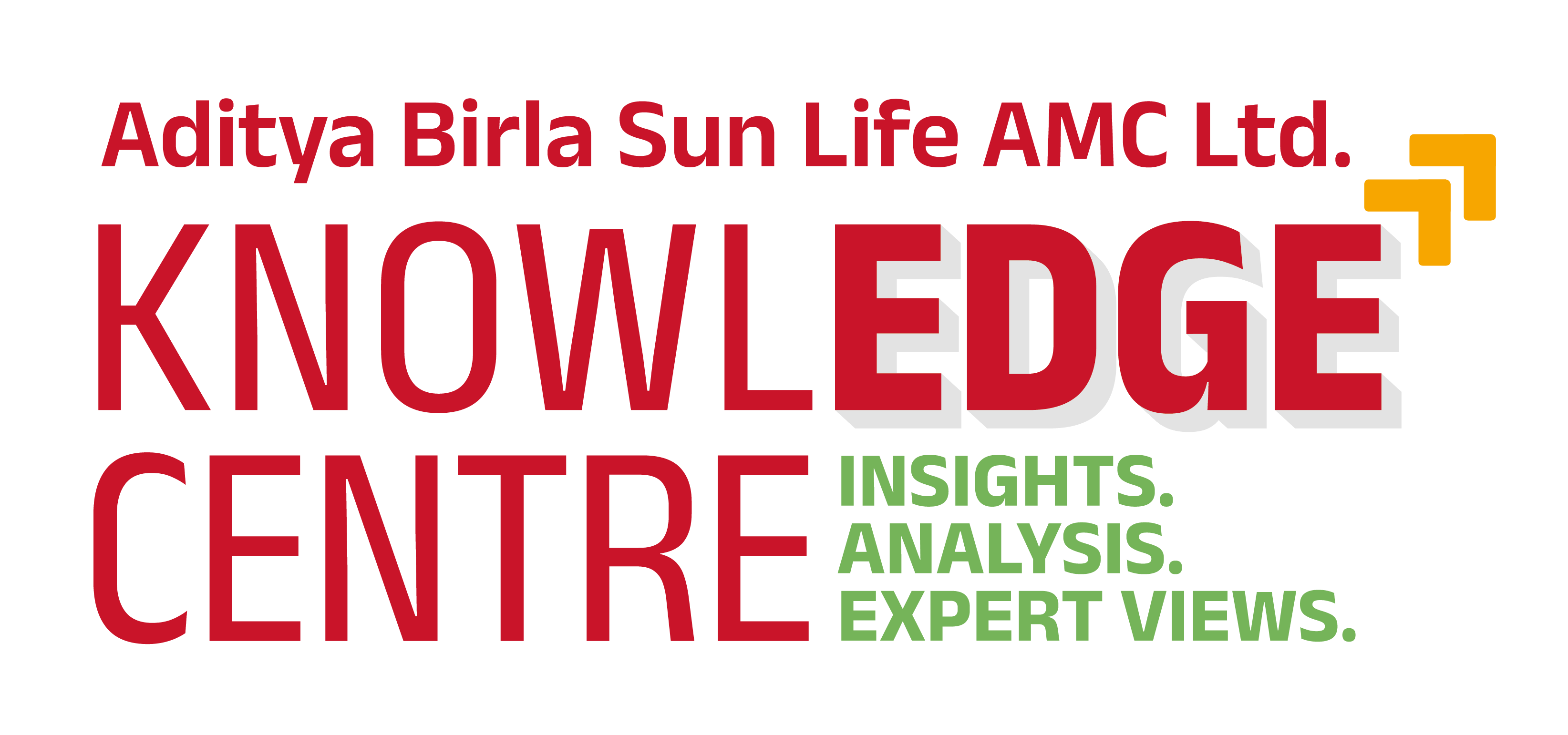-
Our Products
Our FundsFocus Funds
-
Self Care
Self-ServiceFind InformationWays To TransactPartner Solutions
-
Downloads
- Learnings
- About Us
-
More
-
Shareholders
-
Shareholders
-
-
SIP Calculators
- Back
-
Shareholders

IMPORTANT ALERT ! Beware of Fake AMC App, Online Impersonation & Scam WhatsApp Groups.

Economic Terms Made Easy – Part 1

Nov 07, 2023
5 Mins Read
Listen to Article
A fundamental concept in economics that explains the relationship between what people want (demand) and how much is available to meet that demand(supply).
GDP refers to the measure of monetary value of all the final goods and services produced by a country in a specific period. GDP helps to measure the economic health of the nation; it is like a financial report card of the nation.
A situation where the spending is more than the earnings.
If a country's earnings out of selling its local products and services to other countries is more than its import costs, it earns a surplus.
Colloquially tariff is often used for the rate at which we are charged for public services such as electricity, or for accommodation in a hotel. But it actually refers to a tax or duty imposed by a government on imported goods from other countries. It makes foreign goods more difficult to afford; the objective behind levying tariffs is to encourage the purchase of local products.
Fiscal policy refers to the policy with which a government uses instruments of taxation, public spending and borrowing to achieve its various economic goals and influence targeted outcomes in the economy and sustainable growth.
The views expressed in this article are for knowledge/information purpose only and is not a recommendation, offer or solicitation of business or to buy or sell any securities or to adopt any investment strategy. Aditya Birla Sun Life AMC Limited (“ABSLAMC”) /Aditya Birla Sun Life Mutual Fund (“the Fund”) is not guaranteeing/offering/communicating any indicative yield/returns on investments. Mutual Fund investments are subject to market risks, read all scheme related documents carefully. 1. Supply and Demand:
Example: When there's a high demand for a limited-edition gadget, its price is likely to go up.
2. Gross Domestic Product (GDP):
Example: If India’s GDP is $3.75 trillion, it means all its businesses and activities together in the country earned that much.
3. Deficit:
Example: If the country’s overall expenditure is Rs.100 million but only makes Rs. 70 million, it has a deficit of Rs. 30 million.
4. Trade Surplus:
Example: If Country A exports Rs. 100 million worth of goods and imports Rs. 80 million, it has a trade surplus of Rs. 20 million.
5. Tariff:
Example: If a country puts a 10% tariff on foreign cars, a Rs. 20,00,000 car would cost Rs. Rs. 22,00,000.
6. Fiscal Policy:
Example: During a recession, the government might increase public spending as a fiscal policy measure to boost the economy.
You May Also Like
Loading...





 1800-270-7000
1800-270-7000









